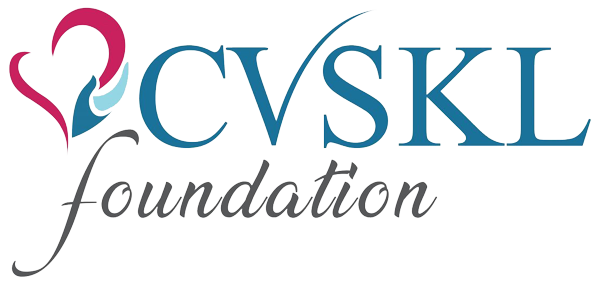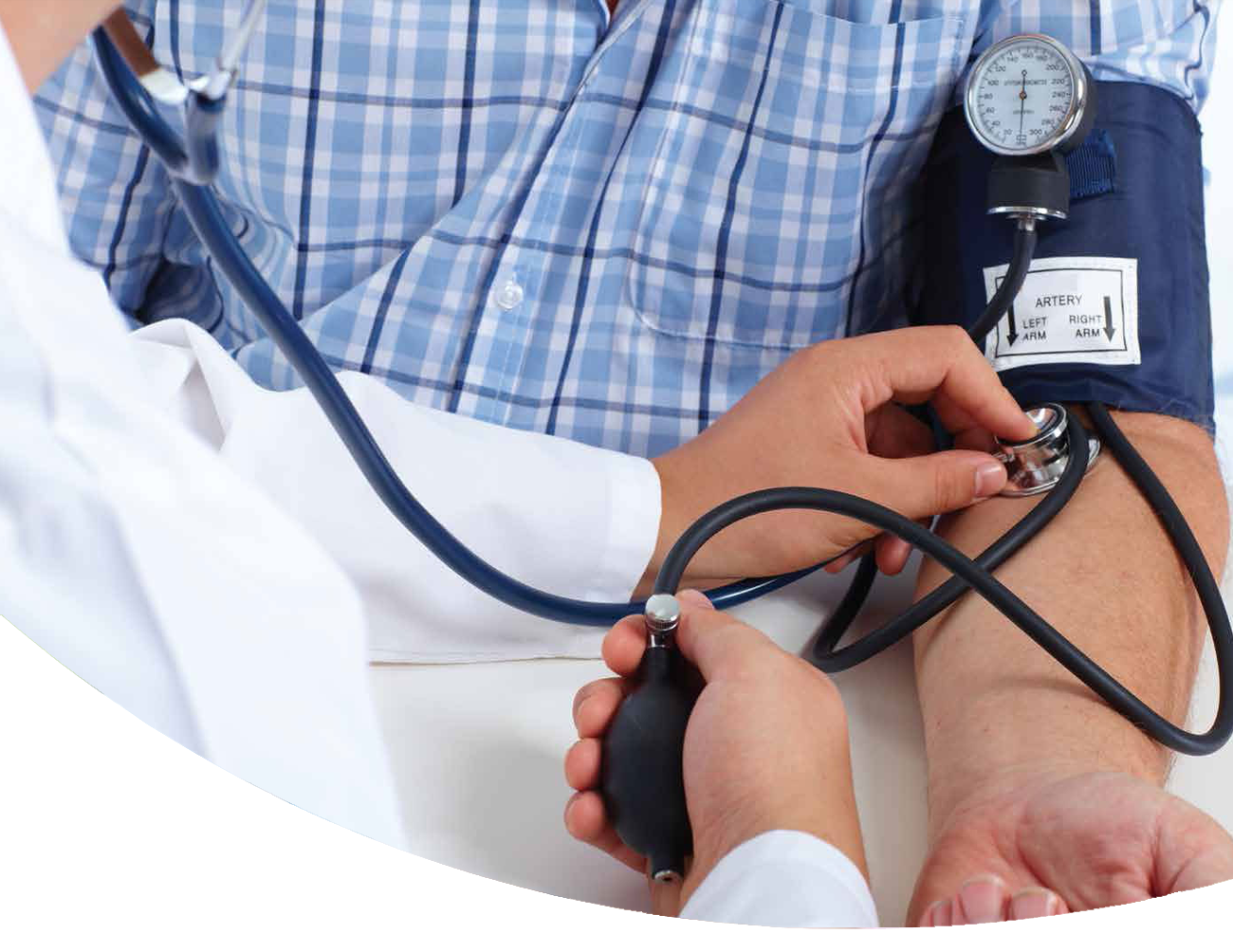What is hypertension?
Hypertension, also known as high blood pressure, occurs when the pressure of the blood being pumped through your arteries is higher than it should be. Narrow arteries increase resistance. The narrower your arteries are, the higher your blood pressure will be.
Who is at risk for hypertension?
You are at an increased risk of high blood pressure if you:
- Are over the age of 65
- Are overweight or obese
- Have a family history of hypertension
- Have an unhealthy diet (high in salt and low in fruit and vegetables)
- Do not exercise.
How can I lower my blood pressure?
- Exercise regularly
- Keep to a healthy, low-salt diet. E.g.: the DASH diet.
- Take your medications as prescribed.
- Be mindful of drug interactions e.g.: cough medicine, painkillers and some supplements. Speak to your doctor or pharmacist if you are taking more than one drug.
- Monitor your blood pressure readings and keep a record for reference, to discuss with your doctor.

Blood pressure categories
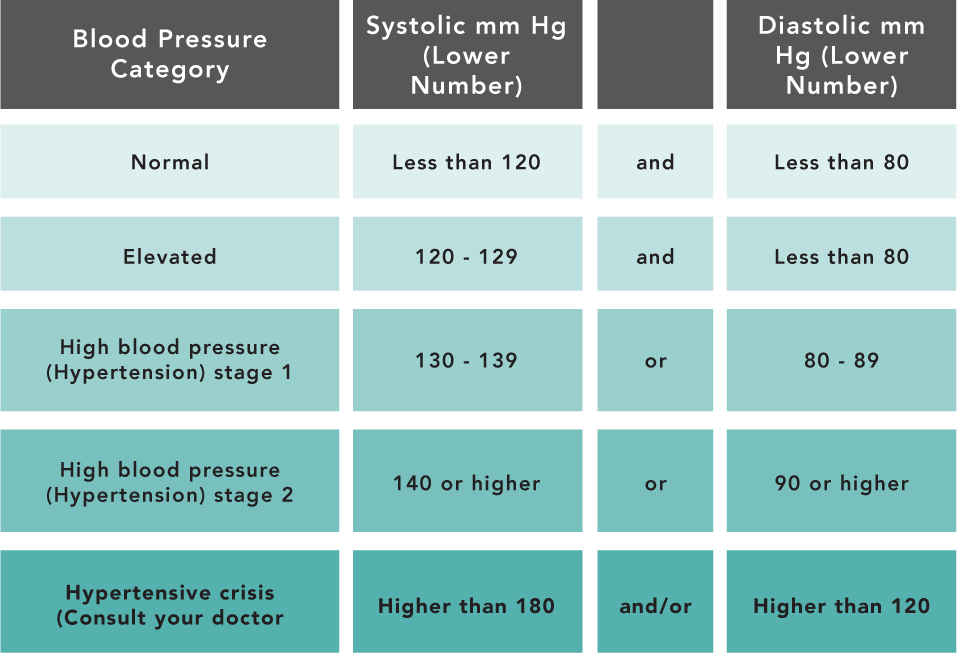
Seek medical advice if you experience
- Chest pains or shortness of breath
- Persistent moderate-to-severe headache
- Weakness in your face, arms or legs
- Difficulty speaking
- Extreme drowsiness
- Confusion
- Fainting or dizziness
- Unexplained nosebleed
- Change in vision
- High blood pressure readings that are persistently above the targets set by your doctor.
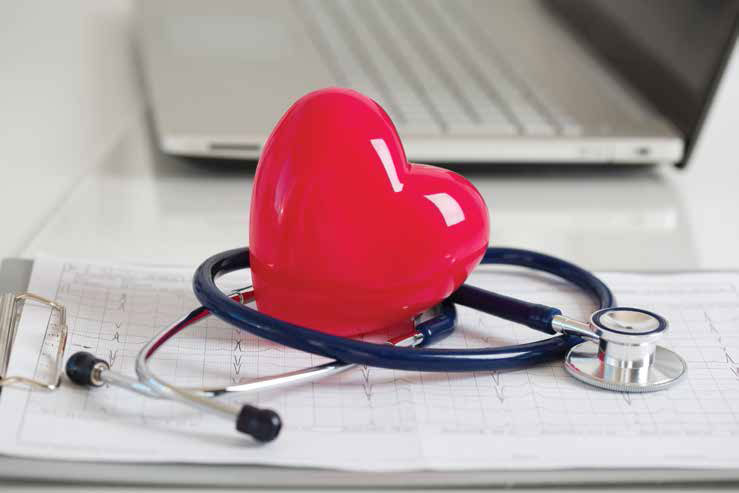
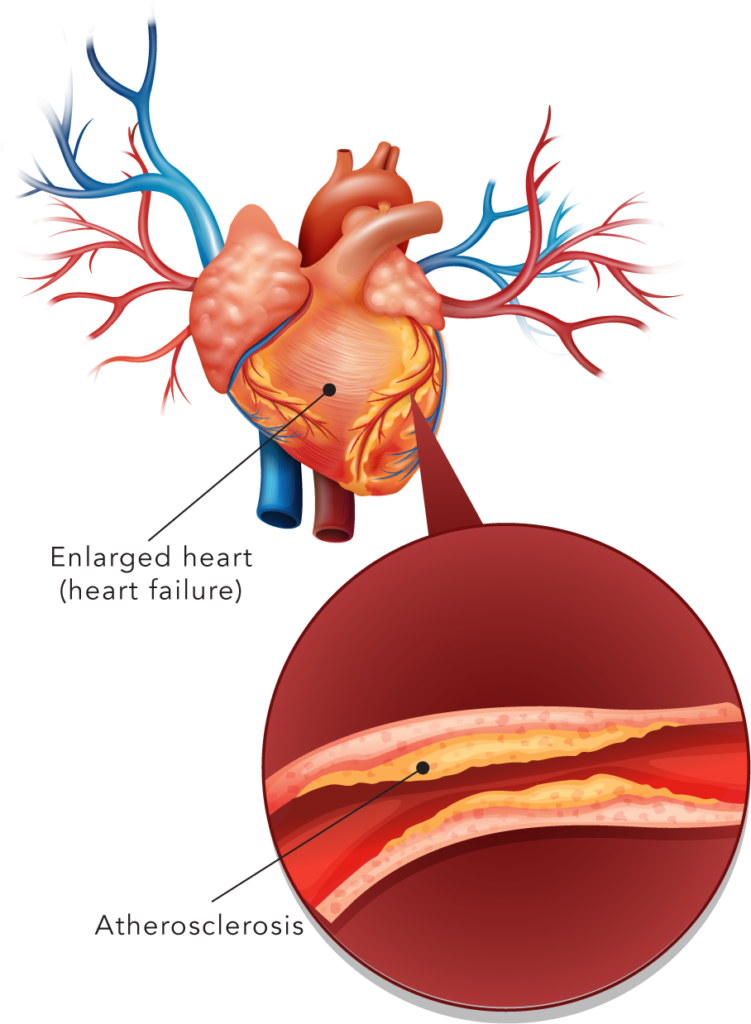
Hypertension or high blood pressure rarely has noticeable symptoms. However, if it is left untreated, it increases the risk of serious problems such as heart attack and stroke.
